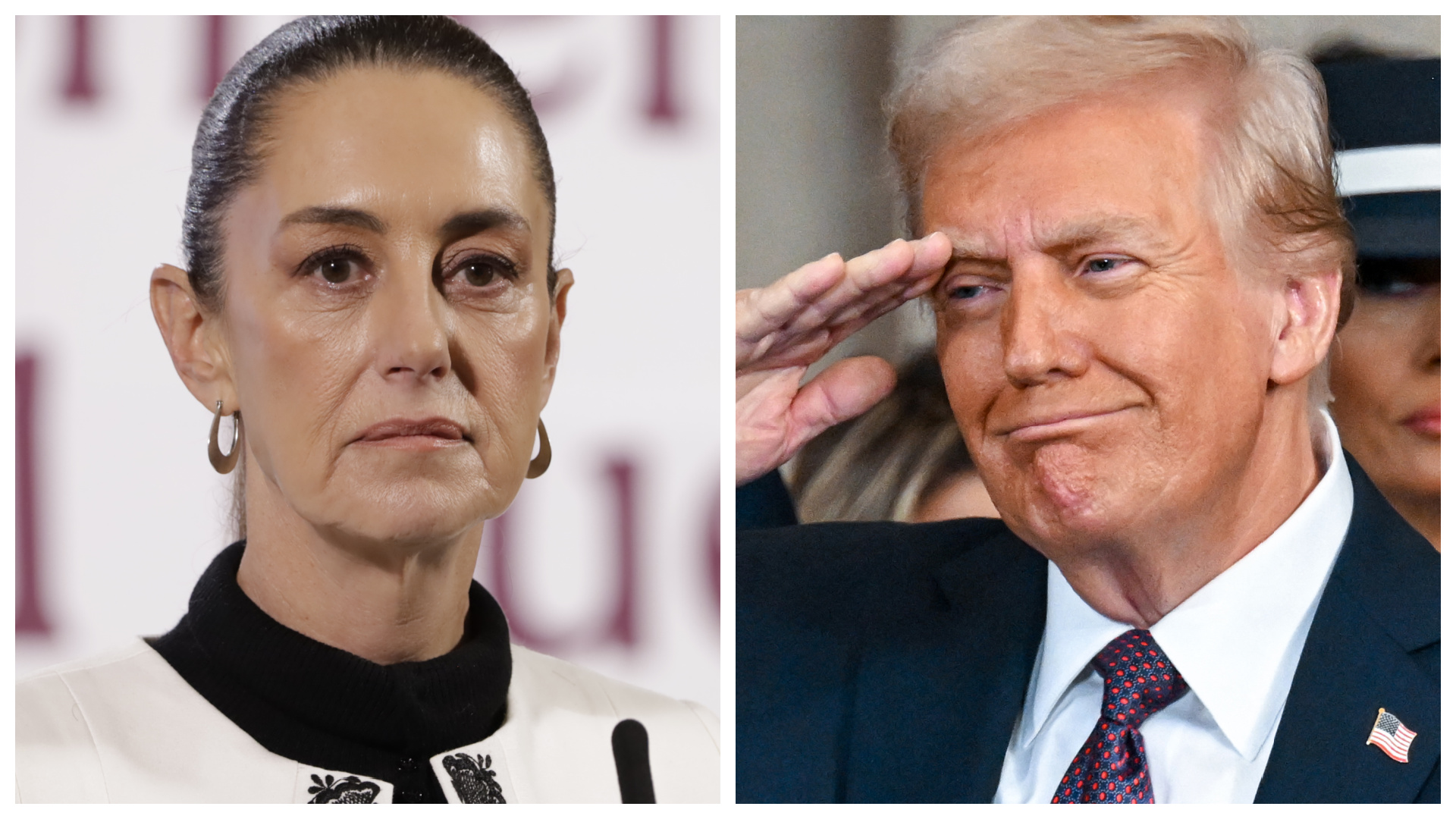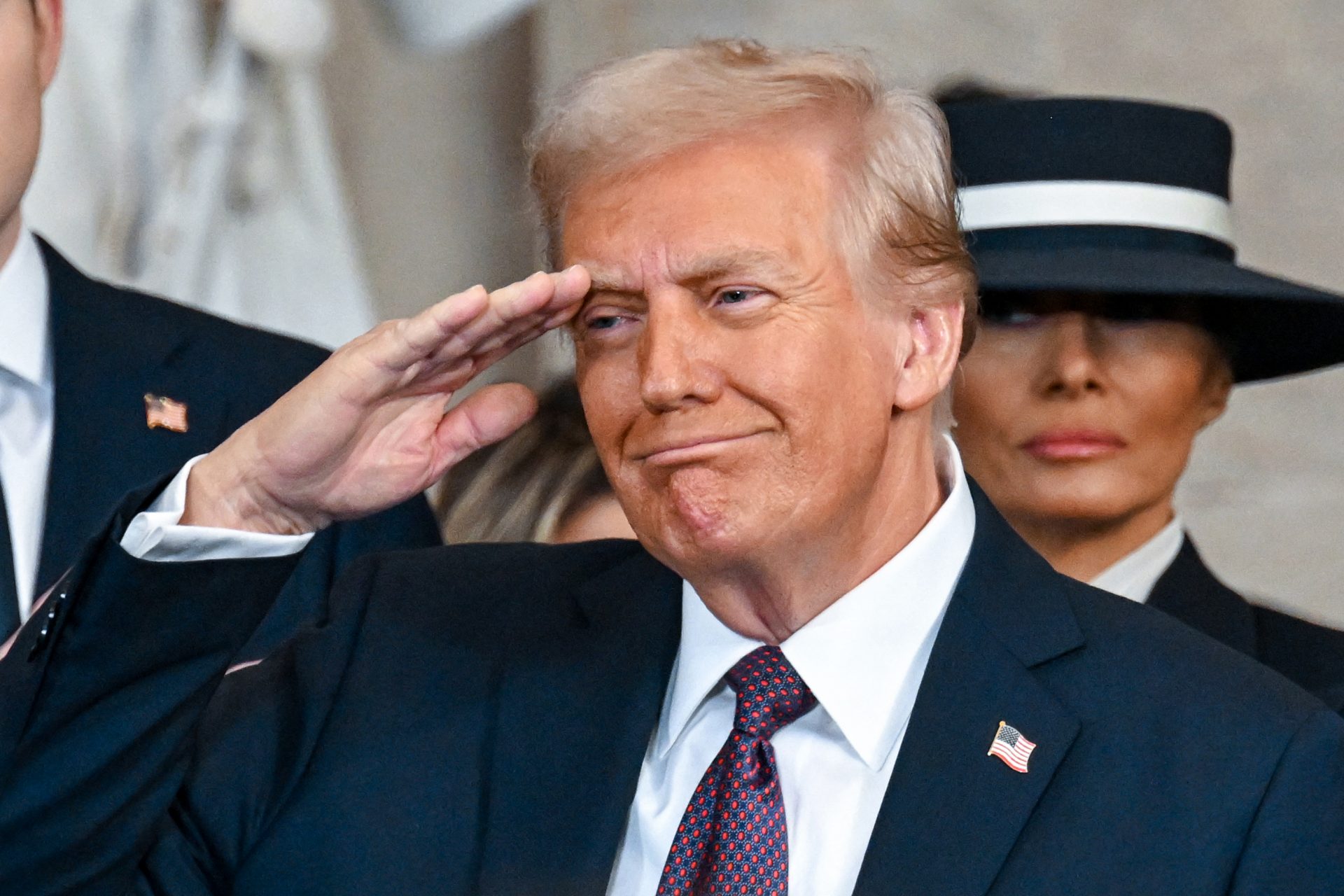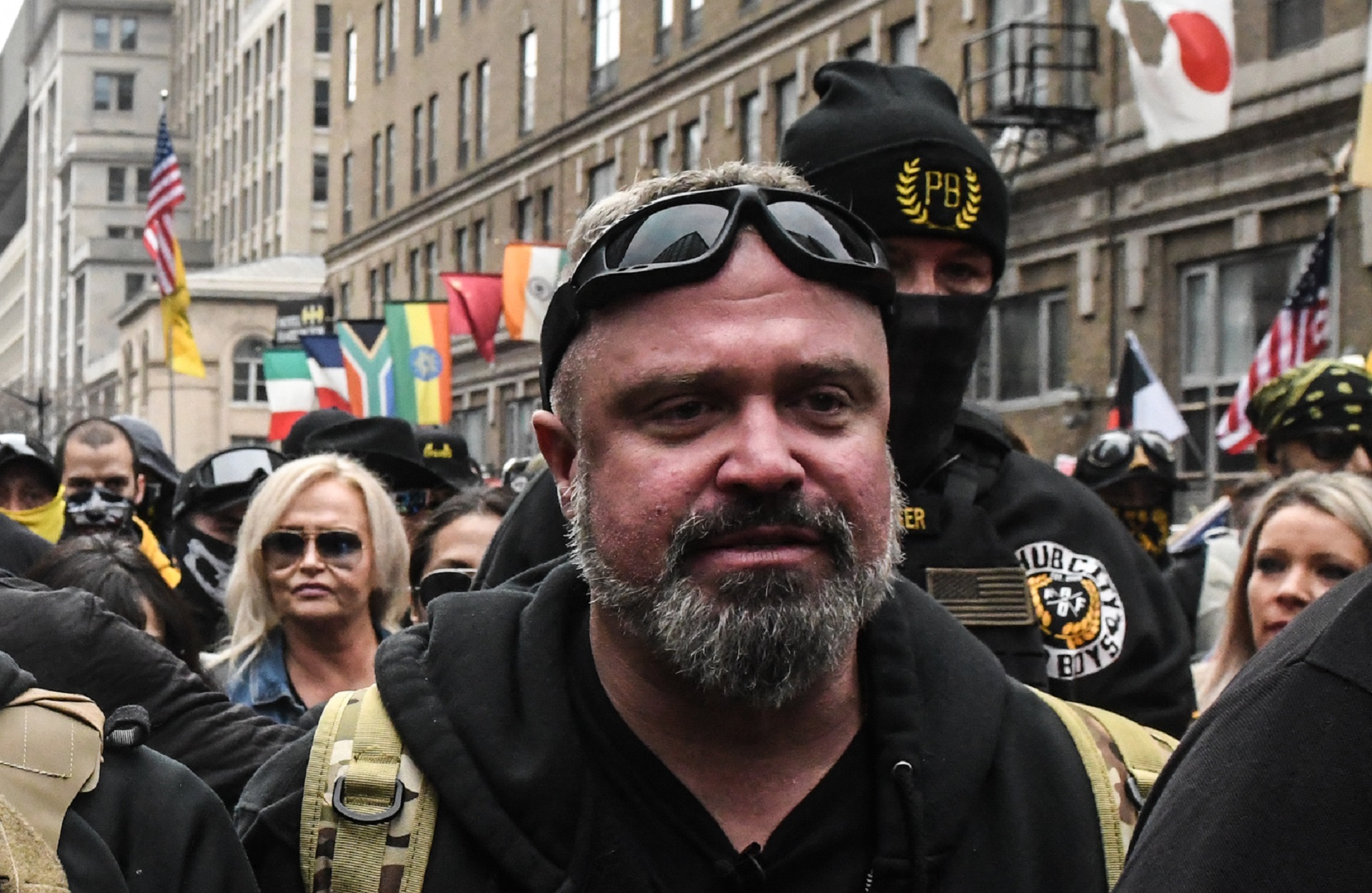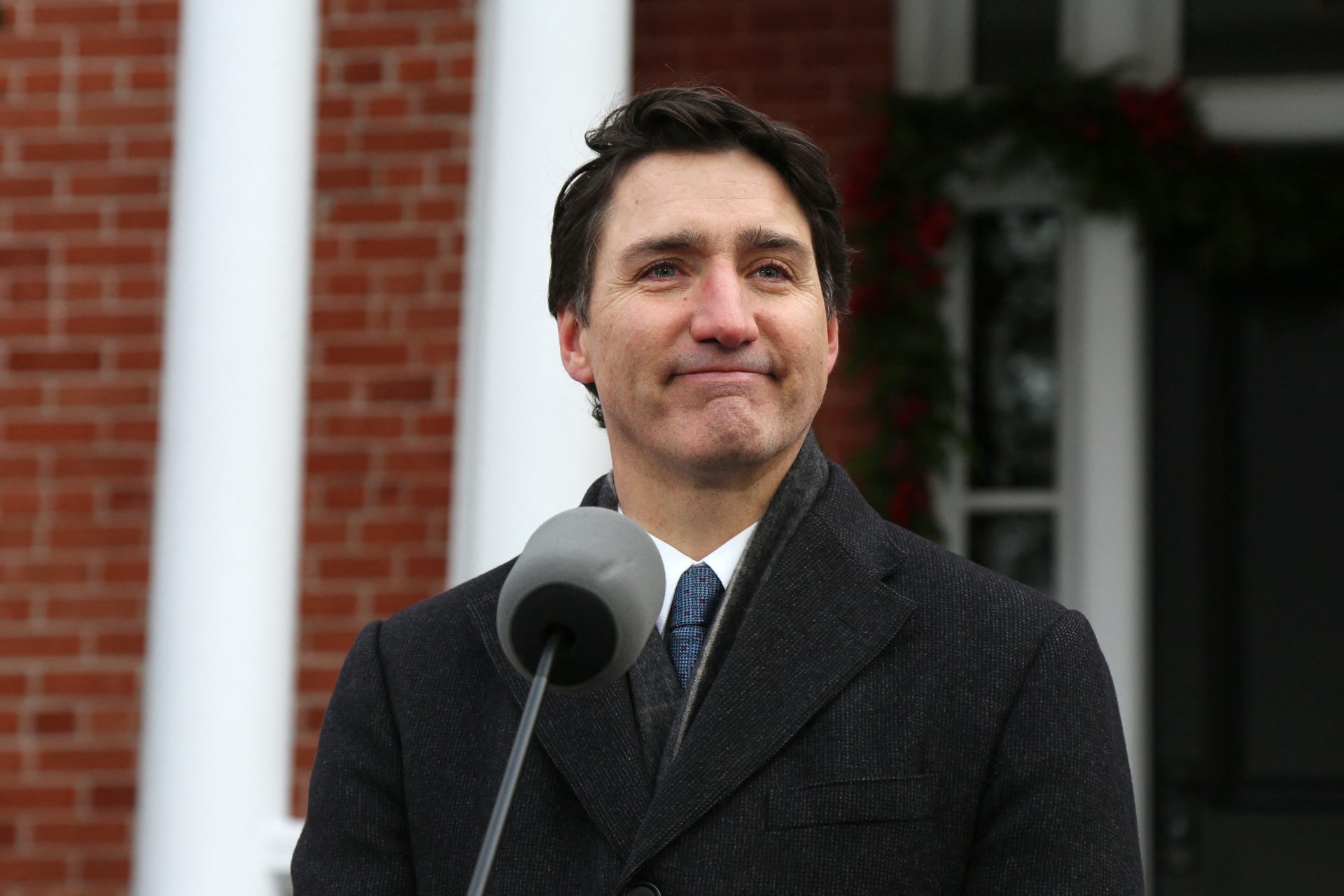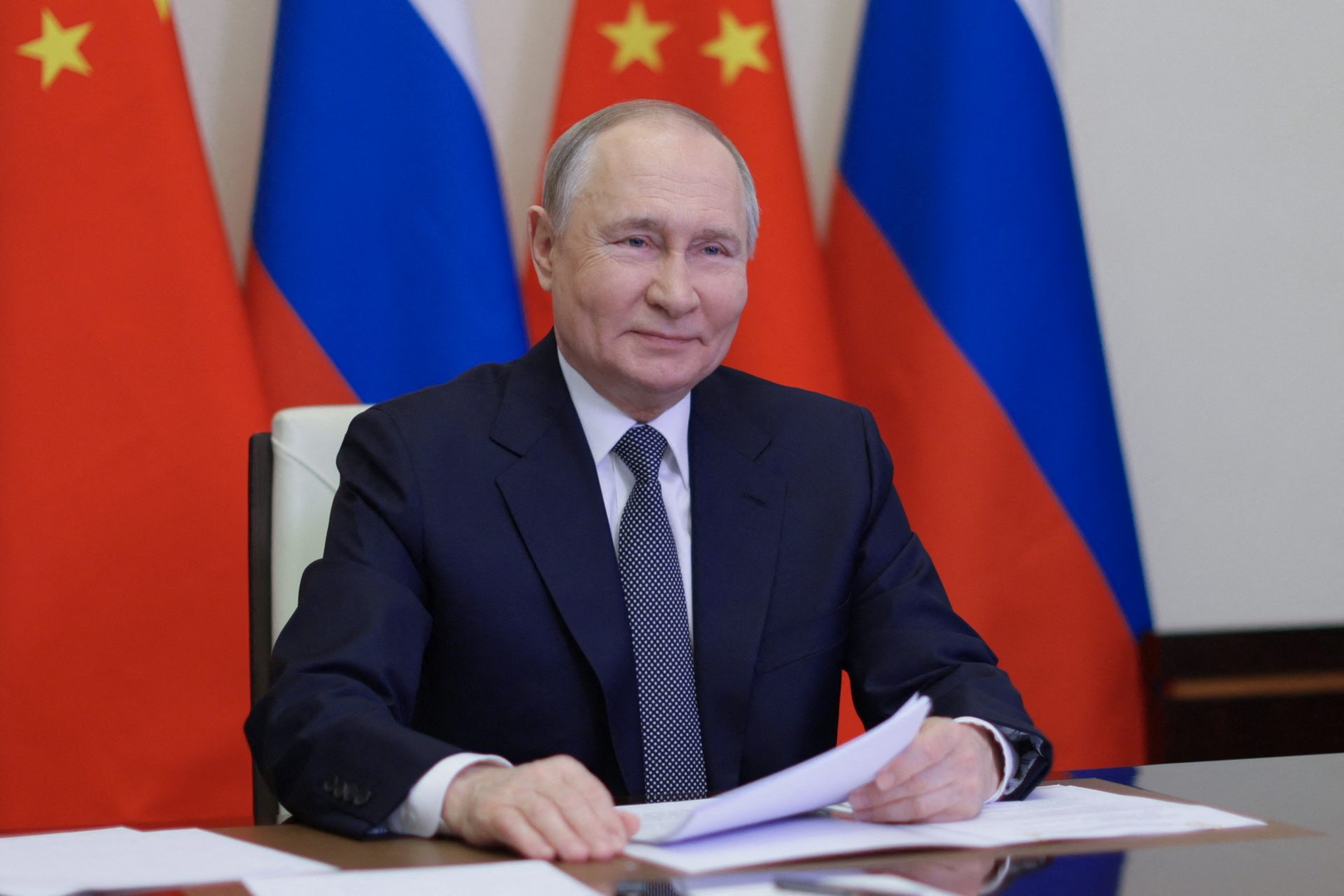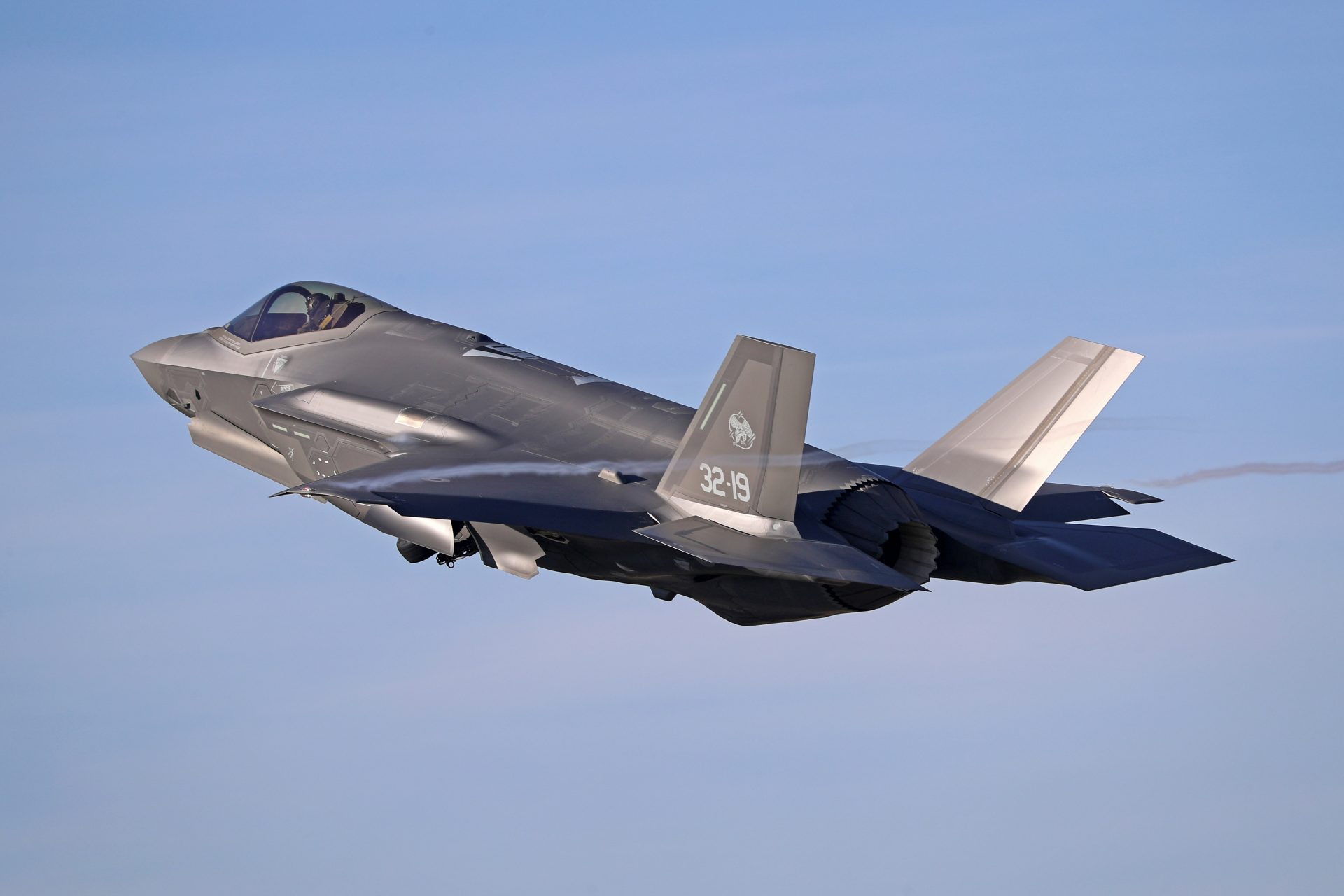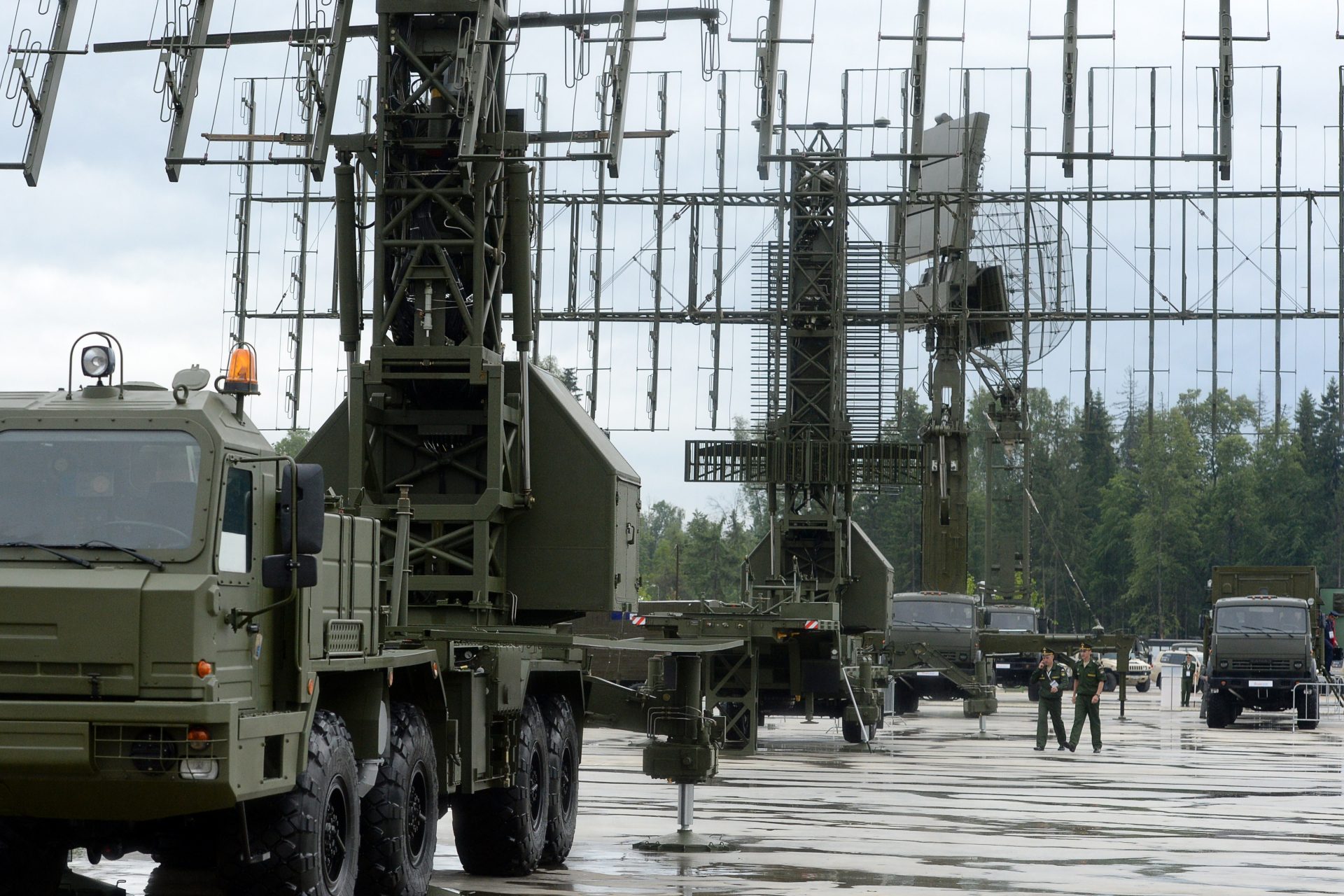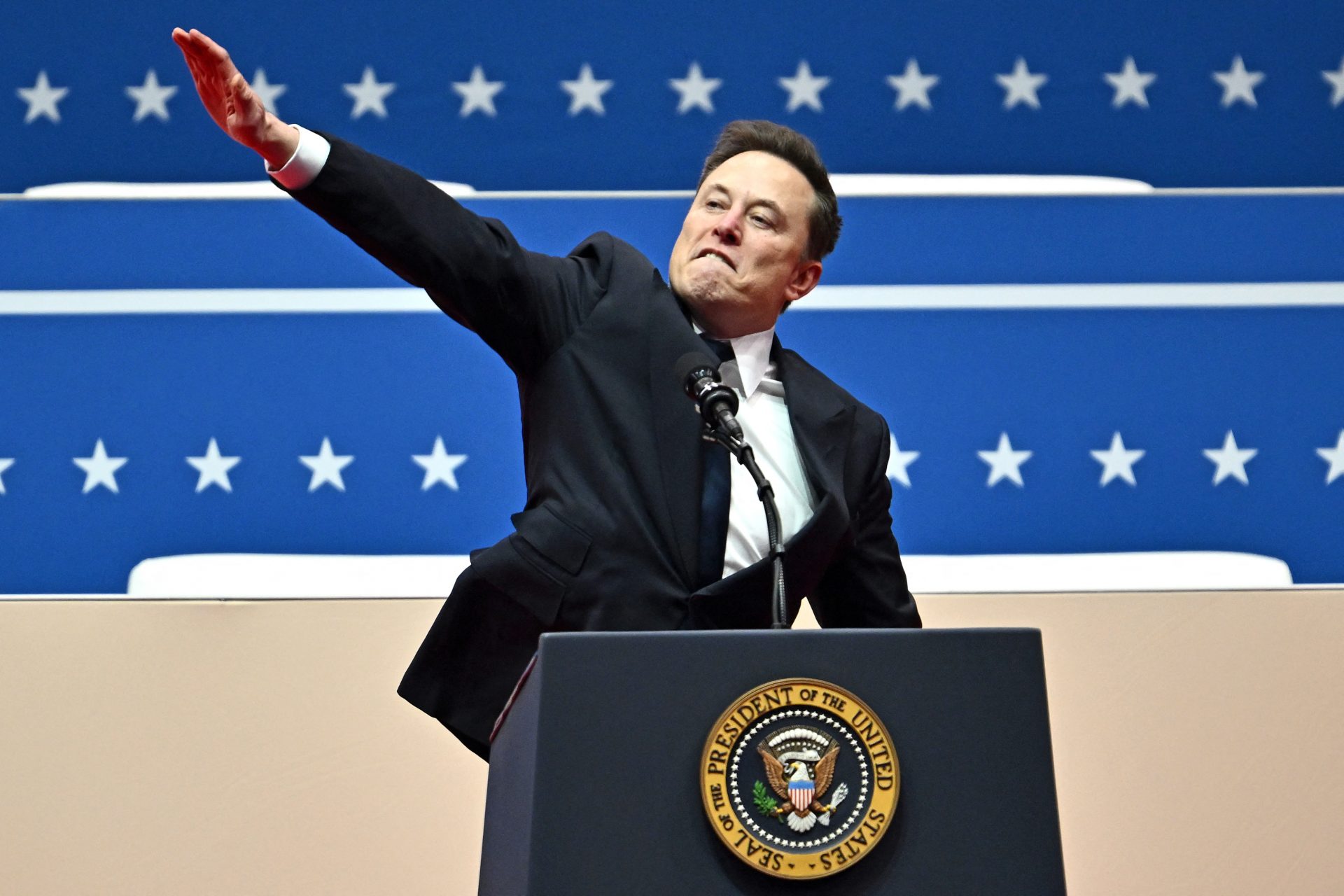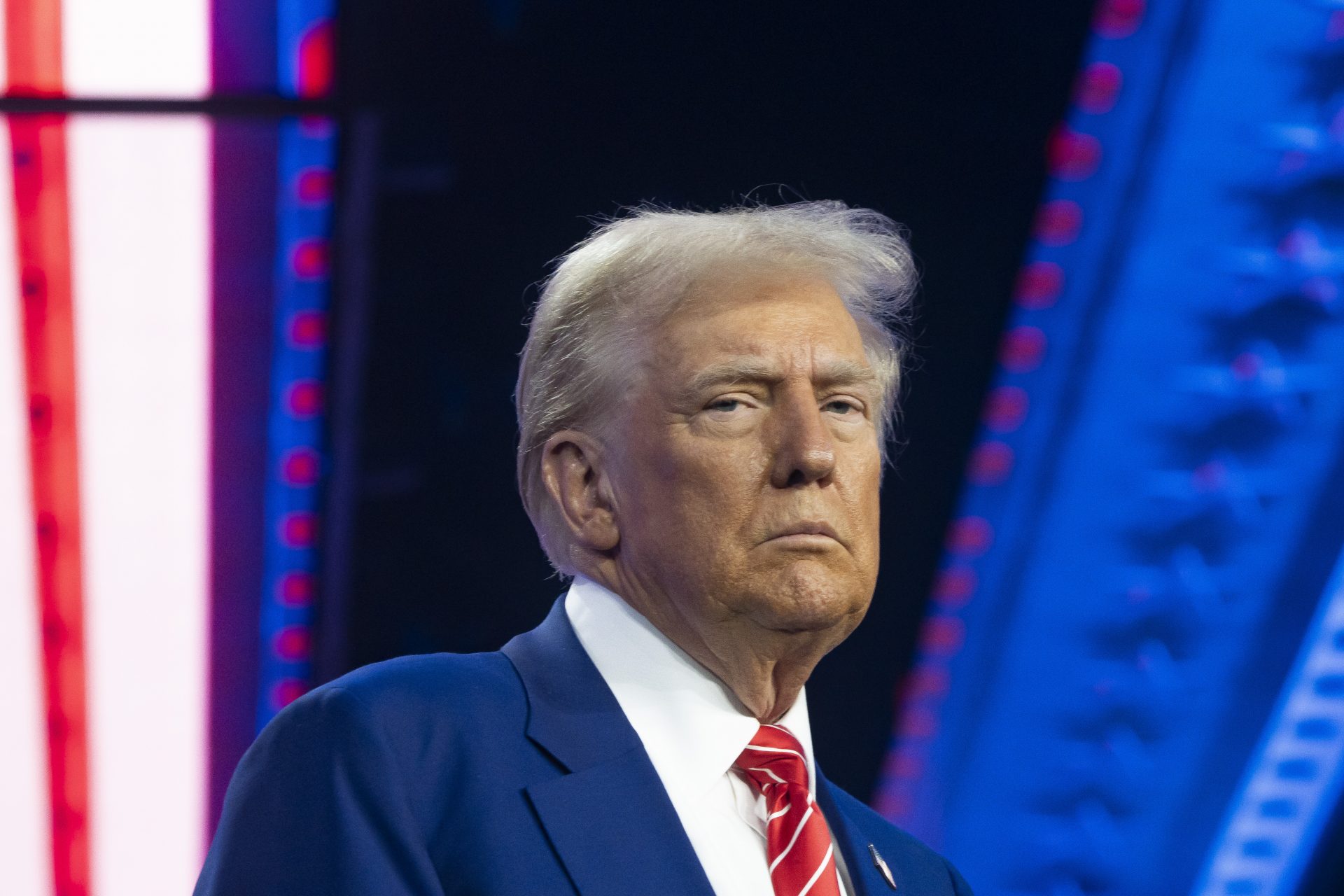Which Russian billionaires and banks were hit by sanctions?
After the Russian invasion of Ukraine on February 24, the international community reacted quickly with severe economic sanctions. Freezing the assets of the Russian elite abroad, blocking the export of goods from Russia and excluding local banks from the SWIFT system, they hope to bring Putin's government to its knees.
The first sanctions targeted the vast wealth of the so-called Russian 'oligarchs.' According to Forbes, the losses of these billionaires, who have long benefited from their connections to Putin, have risen to nearly 130 billion since the start of the war. Let's see who they are and how much they lost.
CEO of gas company Novatek
His losses, estimated by Forbes: $4.5 billion (-16.4%).
President of oil company Lukoil
Losses: $4.2 billion (-17.1%).
Owner of investment firm Millhouse LLC and Chelsea Football Club
Losses: $1.2 billion (-8.4%).
Shareholder in Lukoil and Spartak Moscow football club
Losses: $1.4 billion (-14.2%).
Chairman of steel company Severstal
Loss: $4.2 billion (-14.4%).
Founder of investment company Volga Group
Loss: $4.2 billion (-18.1%).
Chairman of steel company Novolipetsk
Loss: $4.1 billion (-13.5%).
Philanthropist and Senator in the Russian Federation
Loss: $3.2 billion (-22.7%).
Investor and lobbyist
Loss: $3 billion (-10.7%).
Founder of Tinkoff Bank
Loss: $2 billion (-52.2%).
Director at titanium company VSMPO-AVISMA
Loss: $1.7 billion (-38.9%).
The exclusion of banks from the SWIFT circuit was approved by the European Union after long negotiations. The sanction excludes seven Russian banks from the international transfer system.
This is one of the largest banks in Russia. The main shareholder, with 60.9%, is the Russian government. Andrej Kostin (pictured here with Putin) is the bank's president.
Rossiya Bank made the news when the Pandora Papers were released. As it turned out, the bank was connected to a network of shadow companies depositing money offshore for powerful Russian politicians. The CEO of this bank is Dmitry Lebedev.
As one of Russia's largest commercial banks, Otkritie Bank is 99% owned by the Russian Central Bank. Italian company Unicredit had plans to take over the bank, but that project was halted in January 2022 due to the rising tensions between Russia and Ukraine.
The bank's clients include high-tech companies from the mechanical engineering, aerospace, oil and gas sectors. The main shareholder is Rostec, a Moscow-based arms producer. The president of Novikom is Elena Aleksandrovna Georgieva (photo).
Founded as a private bank by two brothers, the oligarchs Dmitry (pictured) and Alexei Ananyev, Promsviaz Bank is currently supported by the Russian state. The director and CEO is Petr Fradkov.
This is the ninth largest bank in Russia and it is 86.5% owned by JSC Sovco Capital Partners. Board members include Sergey Khotimskiy (pictured) and Dmitry Gusev.
One of the most important investment and development companies in Russia, chaired by the former Deputy Prime Minister, Igor Shuvalov (photo).
The sanctions hit the heart of the Russian economy. In addition, there's the departure of private services and companies such as Google, Microsoft, Visa, Mastercard and Apple Pay, the collapse of the ruble and the rise of loan interest rates with 20%. Russia can no longer access any foreign market and, according to experts, is in a 'financial tsunami.'
More for you
Top Stories


























